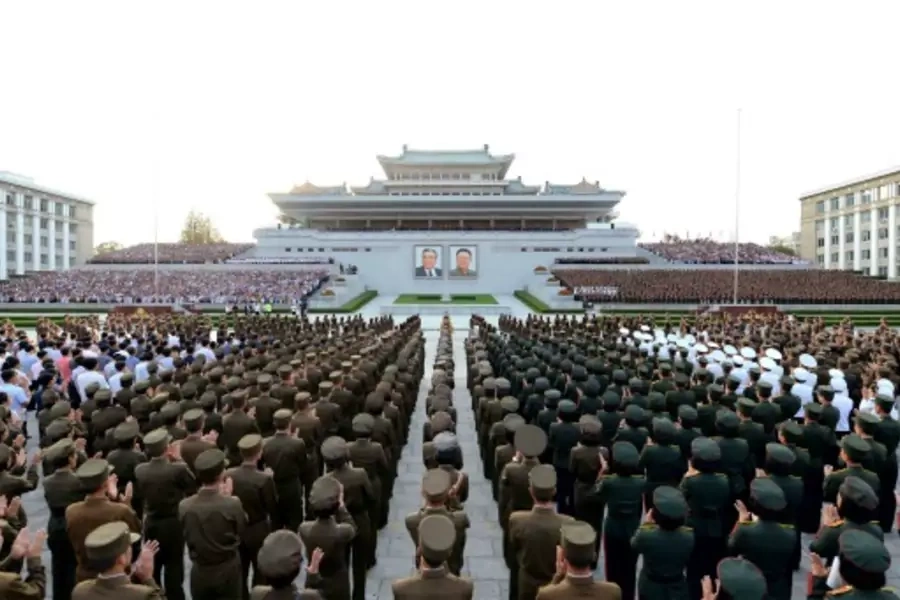The Council on Foreign Relations has just released a report of an independent task force on policy toward North Korea, titled A Sharper Choice on North Korea: Engaging China for a Stable Northeast Asia, directed by Adam Mount, Senior Fellow at the Center for American Progress, and co-chaired by retired Admiral Mike Mullen, former chairman of the U.S. joint chiefs of staff, and former Senator Sam Nunn (R-GA). The task force grapples comprehensively with all the dimensions of U.S. policy toward North Korea, breaking new ground in its recommendations in several areas and confirming the stepped up efforts by the Barack Obama administration and Congress to reinvigorate the U.S. response in others. The product benefits from the participation of a diverse group of specialists and former policymakers who bring a wealth of experience to the elusive task of effectively addressing the challenge to U.S. and South Korean interests posed by the North Korean regime, both through its nuclear development and its human rights practices.
The report identifies a set of logical and needed issues and recommendations that a new U.S. administration will want to seriously consider when it takes office in January of 2017. Given its penchant for capitalizing on transition periods in U.S. and South Korean politics, North Korea will likely ensure that it tops the president’s inbox as one of the most serious, dangerous, and complex global challenges that he or she will face by 2020.
More on:
The task force recommendations include the following:
Diplomacy
- Engage China in serious discussions about the future of the Korean peninsula, preferably through five party talks that would include Japan, Russia, and South Korea along with China and the United States.
- Pursue a freeze on North Korea’s nuclear and missile development as a first step toward denuclearization and a comprehensive peace agreement.
Human Rights
More on:
- Signal a willingness to suspend North Korea’s credentials at the United Nations if it does not show real progress on human rights. Facilitate information flows to North Korea and support international efforts to seek accountability for North Korean individuals and entities responsible for crimes against humanity while expanding U.S. sanctions against them.
Sanctions
- Invest in rigorous enforcement of the existing sanctions regime and apply escalating pressure on North Korea’s illicit activities. Should North Korea fail to reenter negotiations, the United States should work with its allies to expand sanctions to target the full range of the regime’s illicit activities.
Strengthen Deterrence and Defense
- Pursue deepened U.S.-Japan-South Korea trilateral collaboration to strengthen deterrence and defense, including adoption of a collective security commitment and expanded allied capacity to strengthen coordination and capabilities to defend against a range of North Korean capabilities.
- Build a trilateral capacity to intercept all North Korean mid-range or long-range missile launches whether they are declared to be ballistic missile tests or civil space launch vehicles.
The report offers considerably more detail and grist for debates surrounding each of these recommendations that represent course corrections and departures from the Obama administration’s approach that has been built on pressure and deterrence while leaving open the possibility for dialogue—if North Korea is willing to credibly demonstrate its willingness to pursue denuclearization. Four nuclear tests and eight years later, it is clear that a new administration may perceive that the window for persuasion of North Korea is closing or that insufficient pressures have been brought to bear to achieve North Korea’s denuclearization. These circumstances provide a starker backdrop and fewer options for policymakers in the next administration who will view the North Korea problem with fresh eyes and greater urgency. Regardless of how they will decide to approach North Korea’s challenge, the report is a valuable starting point for those deliberations.
 Online Store
Online Store
